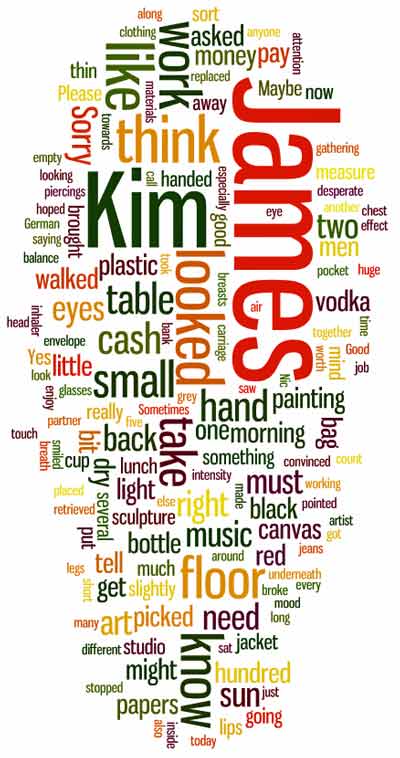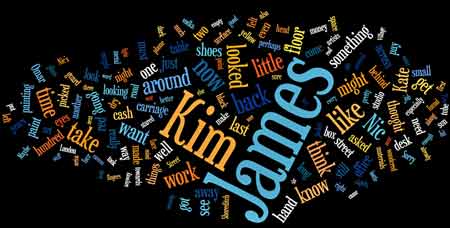I wrote the following in the middle of one of the busiest shipping lanes in the world – looking out into the sea as our ferry weaves between the courses of various huge container ships and tankers. (I’d actually typing into a Word document to post later on but I could have blogged fromt here if I’d been prepared to pay £4 for an hour’s wi-fi – bit steep I thought).
It’s nearly a 9 hour journey from St. Malo to Portsmouth – and would be quite pleasant if it wasn’t one of the busiest days of the year (a Saturday in August) which means all the reclining chairs and seats in the cafe have been marked by the massed middle-class British on holiday with the same sort of territorial ferocity that I learnt at Trégomeur Zoo Park that tigers display when they urinate to mark their patch. I’m typing from up on the sun deck.
I was a very frequent visitor to Europe until the end of the last year, flying on average on a fortnightly basis – mainly Germany but also plenty of trips to Sweden, Spain, France, Portugal, Belgium, Portugal and even Croatia. These trips have tended to be for two or three days and to cities and hotels where English is pretty much the universal language.
I’ve spent longer in Europe on holiday but, most recently, these trips have been to Gozo (off Malta) where English is an official language and to the Algarve, where, like the Costa del Sol, it may as well be. I’d probably need to go back over ten years to previous long holidays in France to experience anything like the ‘foreignness’ of the past week.
Foreignness is a relative term somewhere like Brittany. It’s stating the obvious to say it’s very easy, even with a barely scraped GCE in French, to drive, shop (especially in their vast hypermarkets), have a meal and do touristy things. Not only is there a lot of standardisation of laws and regulations (traffic, for example) through EU membership but also because all Western European countries are subject to the same sort of globalisation as we suffer in the UK – though perhaps not as extreme – not just the French love of McDonald’s but all the consumerist brand goods that are now imported from China.
Much popular culture is converging too. I spent most of a Thursday night watching the French version of ‘Masterchef’ on TF1 – a bit more of an X-Factor style audition with three celebrity judges, including an odd Johnny Depp lookalike, than our shouty version with an artificial bit of suspense over who’s the last one through. Very useful research though for me as I want to construct a fictional cookery programme in ‘The Angel’  in which James was a contestant.
It seems that many of the fundamentals of life in the EU are homogenising – and perhaps this is a theme that I have in the novel — evidently by having a European leading character but maybe exploring this cultural assimilation more subtly by having Kim first move to cosmopolitan, multi-cultural London as a staging post, then breaking through into areas of life that are considered sacredly British (or even English) – like the pub.
It’s probably the social customs and decisions made on a local level (and perhaps influenced by – relative – unchangeable like the climate) such as architecture that mark the countries out as culturally different – even eating habits are converging – I saw ready meals and pre-prepared salads in the Super U and Carrefours.
And, of course, language is still the most striking and difficult cultural factor that makes cultures different. It’s not too difficult to visit for a week and order a meal – but a far tougher prospect to get to a level where one can communicate on a serious level. I know the length of time it’s taken for a friend of mine who’s bought a place in Spain to achieve ‘A’ level Spanish.
I’m thinking of having Kim get quite frustrated when she realises she has the vocabulary to deal with metropolitan life but she’ll realise in the countryside that she’s back at schoolchild level English in certain fields — although maybe many of the natives won’t know how to describe certain things either.


